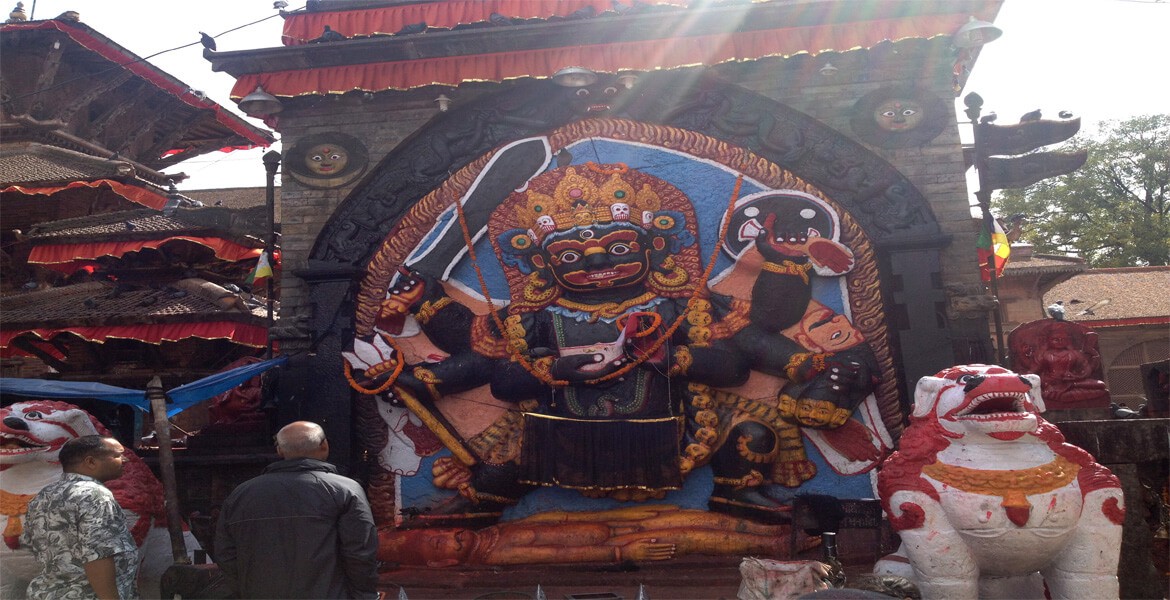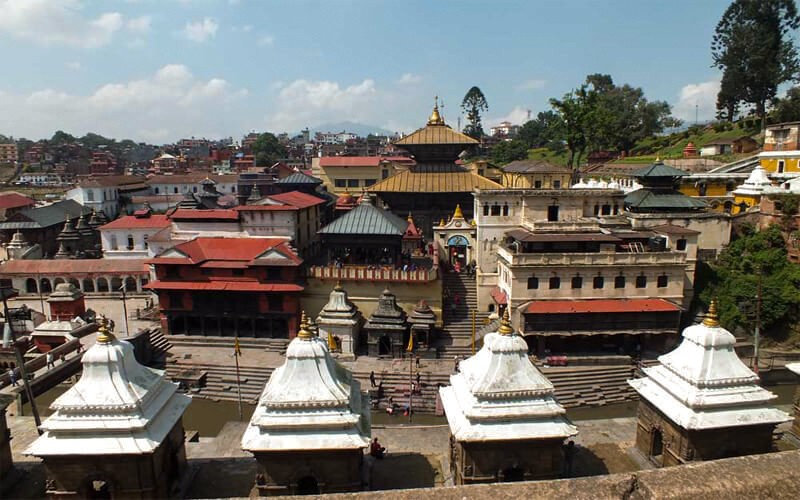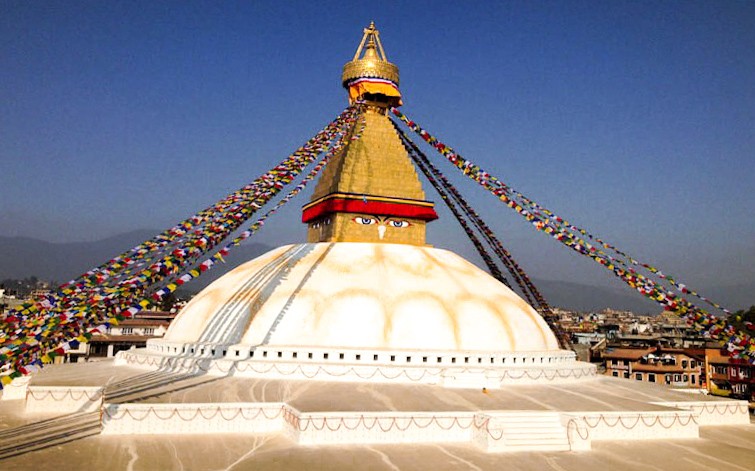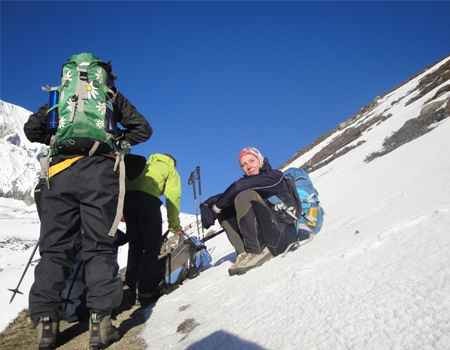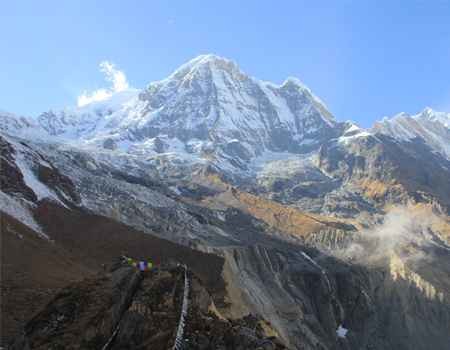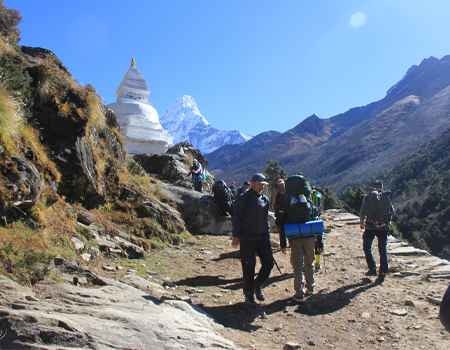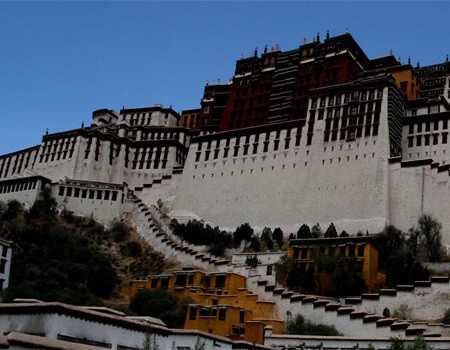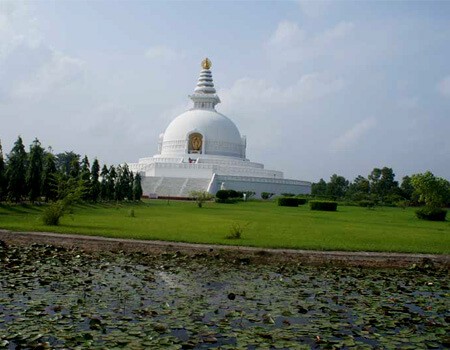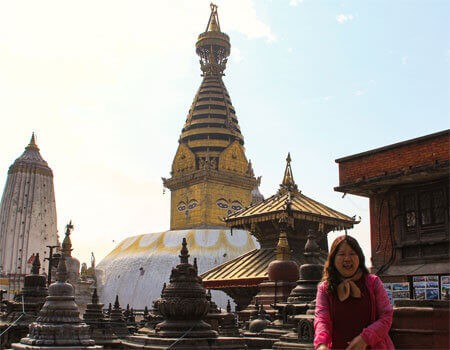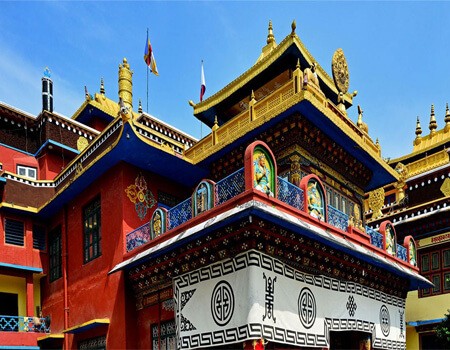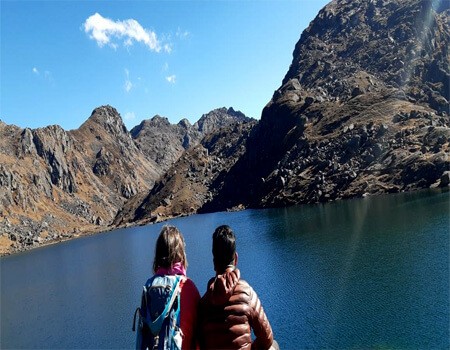Nepal is a beautiful blend of Religions and cultures that have coexisted for hundreds of years. According to the country’s 2011 census, more than 80% of the country follows Hinduism, followed by Buddhism, Islam, Kirat, and other religions. Although these religions have unique identities, they have helped create a serene harmony in Nepal, especially in Kathmandu Valley, where people from different cultural and social backgrounds can observe and enjoy other beautiful traditions.
Religions of Nepal
Table of Contents
Hindu Religion in Nepal
Hinduism is the oldest Religion in the world, and its attributes can be found around 3500 years ago. However, this Religion does not have a founder yet. Hinduism started with animism (Nature Pray). According to Hindu mythology, Hinduism originated from several different Sages when Shiva, Vishnu, and Durga mastery were raised. Durga represents the power of the Gods and Goddesses whom Hindu people call Devi or Shakti (Power). It has also pursued Tantrism, where mysterious rituals, beliefs, and thoughts are found in Tibetan Buddhism.
81.3% of people follow Hinduism in Nepal, which has existed for more than 2000 years. Many Nepali Hindu people assume Shiva is the prime worshipped, but it is not a matter that people do not pray to other gods and goddesses. Just people believe Shiva is the God of the Gods. However, some people follow Shiva, which is known as Shaiva Religion. They believe in Shiva. A Hindu community respects Shiva, but their prime belief is in Vishnu and Krishna. These religious people are known as Vainav and Krishna Pranami.
As the most followed Religion in the country, Hinduism significantly influences the country's social practices. This influence can be seen through the abundance of temples, religious shrines, and festivities. Nepal's most famous Hindu festivals – Dashain, Tihar, Chhath, and Mahashivaratri – are national holidays. Dashain commemorates the majesty of Goddess Durga, whereas Tihar is a 5-day festival that worships the bond between brothers and sisters. As for the Hindu pilgrimage sites, Pashupatinath is an important pilgrimage site for Hindus worldwide. Another such site is Changunarayan, which is considered the country's oldest temple. Similarly, Muktinath, Halesi Mahadev, Taleju, and Krishna Temple are some of the country's most famous Hindu religious hubs. Hinduism has continued to flourish in this country since time immemorial.
Visit Temples in Kathmandu:
- Kathmandu Day Tour
- Bhaktapur and Patan Day Tour
- Nagarkot Changunarayan Day Hike
- Dakshinkali Pharping Day Tour
- Namobuddha Panauti Day Hike
Buddhism in Nepal
Nepal is the birthplace of the founder of Buddhism, Lord Gautam Buddha. The son of King Suddhodhan and Queen Mayadevi in Lumbini, he grew up surrounded by material wealth but gave it all up to pursue and find enlightenment. Buddhism has spread throughout Nepal and the rest of Asia and has become a significant world religion. Many ethnic groups following Buddhism have helped preserve Buddhist culture through artwork and rituals.
Nepalese Buddhism is the Tibetan Buddhist, known as Mahayana (multi-vehicle Buddhism). This Buddhism is practiced in Tibet, Nepal, Bhutan, and India, where Lamaism and Boddhisatva exist. They also believe in Tantrayana and Vajrayana. Tibetan Buddhism is the fusion of Lamaism and Buddhism, created by Padmasambhava (Guru Rinpoche).
In Nepal, the UNESCO world heritage sites of Swayambhunath and Boudhanath are some of the holy Buddhist sites in the Kathmandu Valley. Lumbini is another UNESCO world heritage site outside Kathmandu. Similarly, Muktinath, Tengboche, Braga, and Pung Gyen monasteries are esteemed Buddhist sites outside Kathmandu.
Buddhist Sites:
Islam Religion in Nepal
Nepal's third most practiced Religion is Islam, which is practiced by around 4.4% of the population. Most of them live in Terai, the southern region of Nepal. Ramadan is one of the main parts of Islam, and it is observed every year as a month of fasting. They break this fast at the end of the month by celebrating Eid al-Fitr when family and friends get together to eat delicious traditional delicacies. Many invite non-Muslim neighbors and friends to partake in the food and culture, and mosques give food and clothes to the needy. Despite a smaller population, Muslim people positively impact Nepali society and are essential to our national identity.
Kirat in Nepal
Kirat is the fourth most-practiced Religion in Nepal. It is an ancient religion followed by the Limbu and Rai ethnic communities, the natives of Nepal. Their ancient religious text, the Mundhum, involves worshipping nature and shamanistic practices. Their year is divided into Ubhauli (summer or upward) and Udhauli (winter or downward) halves. Their main festival is Sakela, which is celebrated once in each half, to pray to the mother nature for a good harvest, and then to give thanks for it. Wearing beautiful traditional attires, people of all ages participate in the Sakala ritual dance after a Kirat priest has conducted the prayers and worship.
Christian in Nepal
Even though Christianity is the most popular Religion in the world, it is only Nepal's fifth most popular Religion. The 2011 census shows that 1.4% of the population, or 375,699 people, are adherents of the belief in Nepal. Nepal is said to be one of the fastest-growing populations of Christians in the world. Christmas and English New Year sure are two of the trendiest festivals in Nepal. On the eve of these festivities, major streets of Kathmandu are lined with lights, and people go out to celebrate and enjoy the holiday.
Other Religions
Other religions in Nepal include Sikhism, Jainism, and Bön. And while they are not as common as the different religions, their adherents generally practice openly and without unwanted interference from other communities. Regardless of the festivals, it is inevitable that Nepal offers a harmonious environment for all religions to thrive in Nepal.
Conclusion
Nepal is an example of how being ethnically, religiously, and culturally diverse adds to a place's colorfulness and beauty. Moreover, such diversity also helps people be more open and curious, elevating our views, expanding our hearts, and spreading harmony. Several religions and millions of followers, yet Nepal welcomes everyone with open arms and a bright smile.
